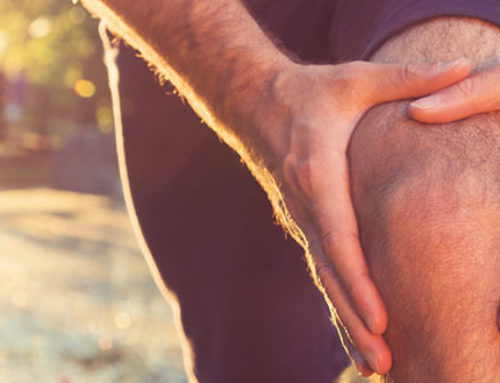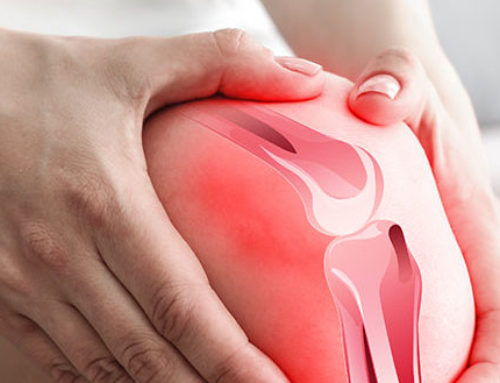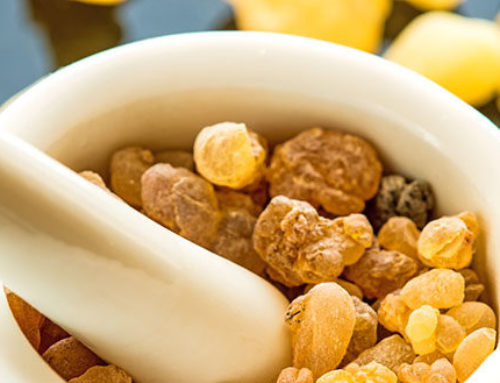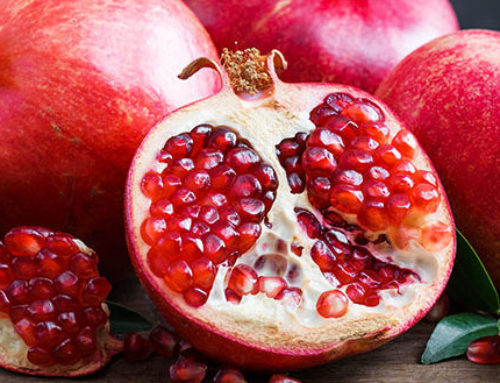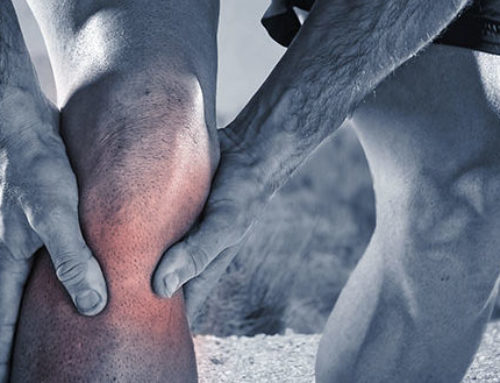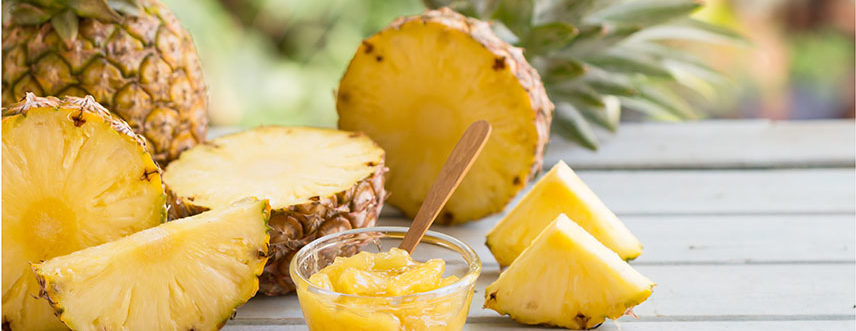
Chronic pain affects 116 million American adults. That’s more than one third of the US population. And while pain medications can reduce suffering, they can be addictive and have unwanted side effects. Worse, they often fail to eliminate the true cause of the pain. Many studies have shown that certain foods, spices and supplements may help relieve your pain. Even small changes, such as switching to whole grains and eating more fish and less red meat, can make a real difference in your health. Try these five pain fighting foods to ease everyday pain and keep your body healthy and strong.
- Turmeric – One of the most researched inflammation fighting foods isn’t a food at all, but a spice. Turmeric contains a compound called curcumin. A 2012 review published in the International Journal of Molecular Sciencesdetermined that curcumin could be beneficial in the management of chronic inflammatory-related joint disease. The compound has been used for centuries in India to ward off inflammatory diseases.
- Cherries – The pain reducing properties of cherries is in their color, which provides powerful anthocyanins and phytonutrients (plant nutrients) that help fight pain. A study in the Journal of Nutrition reveals that cherries are currently being studied for their role in pain relief. Unsweetened cherry juice is commonly used by long distance runners to reduce muscle pain naturally.
- Ginger – Commonly used as a digestive aid, ginger is also an effective pain fighting food. Almost two-thirds of patients with chronic knee pain reported less soreness upon standing after taking a ginger extract, according to a six-week study from the University of Miami. Those who consumed ginger also reported less pain after walking 50 feet than those taking a placebo — and they needed less pain medication.
- Pineapple – Bromelain, a protein-digesting enzyme, gives this tropical fruit its potential as an anti-inflammatory food. One study suggested that bromelain might reduce knee painin otherwise healthy adults. Other research in people, animals, and laboratory-grown cells suggest that bromelain supplements may reduce pain and inflammation in knee osteoarthritis and rheumatoid arthritis.
- Coffee – Have you ever noticed that many over-the-counter cold and headache medicines contain caffeine? Studies show it enhances the effects of common painkillers such as aspirin and acetaminophen. But recent data suggests caffeine has pain-lowering powers of its own – at least when it comes to the pain associated with exercise. University of Georgia researchers showed that moderate doses of caffeine — equivalent to two cups of coffee – reduced post-workout pain by almost 50 percent.
